Posted on 9/26/2025
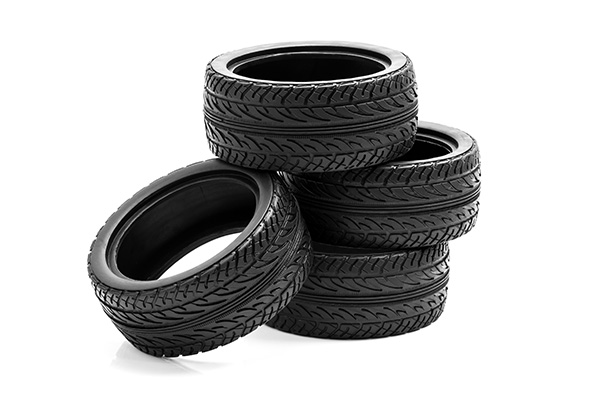
As colder weather approaches, it’s important to make sure your vehicle is ready to handle changing road conditions. One of the most critical areas to focus on is your tires. Even if they look fine at a glance, worn or aging tires can put you at risk when temperatures drop and roads become slick. Replacing your tires before winter sets in not only improves safety but also enhances your car’s overall performance. Here are five key reasons to consider changing your tires before the season begins. 1. Better Traction in Wet and Cold Conditions Winter doesn’t always bring snow to Georgia, but it does bring colder temperatures and plenty of rain. As rubber compounds harden in cooler weather, older tires lose flexibility and grip. Combined with worn tread, this creates a greater risk of slipping on wet or icy roads. Fresh tires are designed to maintai ... read more
Posted on 8/29/2025
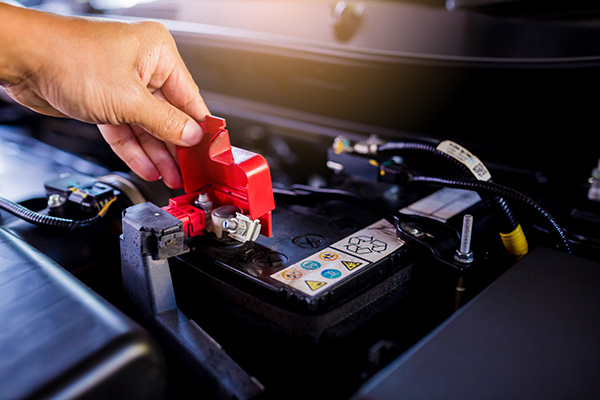
A dead car battery is one of the most common causes of vehicle breakdowns, especially in extreme weather. But did you know your battery can be on the brink of failure long before you notice signs? Regular battery health checks can help you avoid being stranded and keep your car starting reliably. Whether you're preparing for the upcoming season or simply want peace of mind, here's how to test your battery and what to look out for. Battery Health Is important Your vehicle's battery does more than just start the engine. It powers everything from your headlights and dashboard electronics to your radio and climate control when the engine isn't running. A weak battery may still turn your car over, but it could be straining to meet demands. Battery problems often appear during the first cold snap of the year or after a prolonged period of hot weather. In Georgia's climate, batteries tend to wear out faster than in milder areas, making rout ... read more
Posted on 7/25/2025
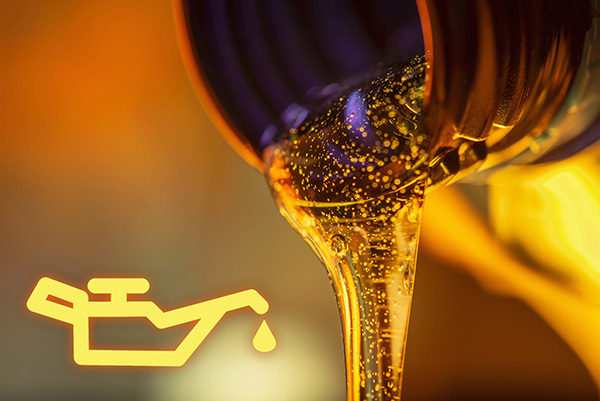
Most drivers are aware that regular oil changes are crucial for maintaining an engine's smooth operation. However, beyond the obvious benefit of preventing engine wear, there are several hidden advantages to staying on top of your oil change schedule. These lesser-known benefits can improve your car’s performance, save you money, and even make your daily drives more enjoyable. Here are five hidden benefits of regular oil changes you might not have considered. 1. Improved Fuel Efficiency Old, dirty oil thickens and creates more resistance inside your engine, making it work harder to move its parts. This extra effort translates to reduced fuel efficiency. Fresh oil, on the other hand, lubricates the engine more effectively and allows it to operate smoothly with less friction. Over time, consistent oil changes help improve your gas mileage and save you money at the pump, especially if you frequently drive in city areas or take extended trips. 2. Bet ... read more
Posted on 6/27/2025
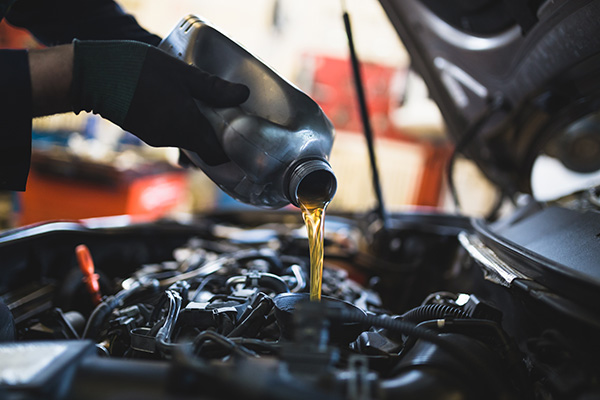
Engine oil is essential for lubricating moving parts, reducing friction, and controlling the temperature inside your car’s engine. But what if you find yourself needing to add oil more often than expected? If your car is burning through oil quickly without visible leaks, it can be a sign of an underlying issue. Oil consumption varies widely between different vehicles. Some manufacturers even note a certain level of oil use as normal. However, there are also mechanical or maintenance-related reasons that cause oil to disappear faster than it should. Understanding the difference between normal and excessive oil burn is key to maintaining your engine’s long-term health. Normal vs. Excessive Oil Consumption All engines consume some oil during operation, especially when the vehicle is under heavy load or driving at high RPMs. Newer engines with tighter tolerances may use very little oil between changes, while others, especially performance o ... read more
Posted on 5/30/2025
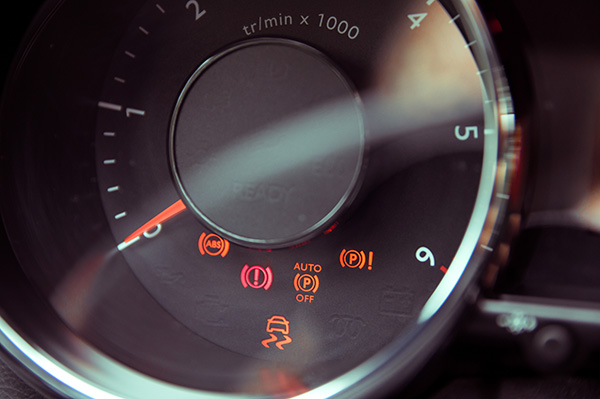
You glance down at the dashboard and notice the ABS or traction control light has come on—or maybe both. While your car might still drive normally, those lights are warning you that part of your vehicle’s safety system isn’t functioning the way it should. These systems are designed to help you stay in control during hard braking or slippery road conditions, so when a light comes on, it’s worth looking into before the next unexpected stop. How ABS and Traction Control Work Together The ABS helps prevent your wheels from locking up during sudden or hard braking. It quickly pulses the brakes to maintain grip and steering control. Traction control, on the other hand, reduces wheel spin when you accelerate—especially on wet, snowy, or uneven surfaces. Because these systems share many of the same sensors and components, a fault in one can often affect the other. That’s why it’s common to see both warning lights turn on ... read more